


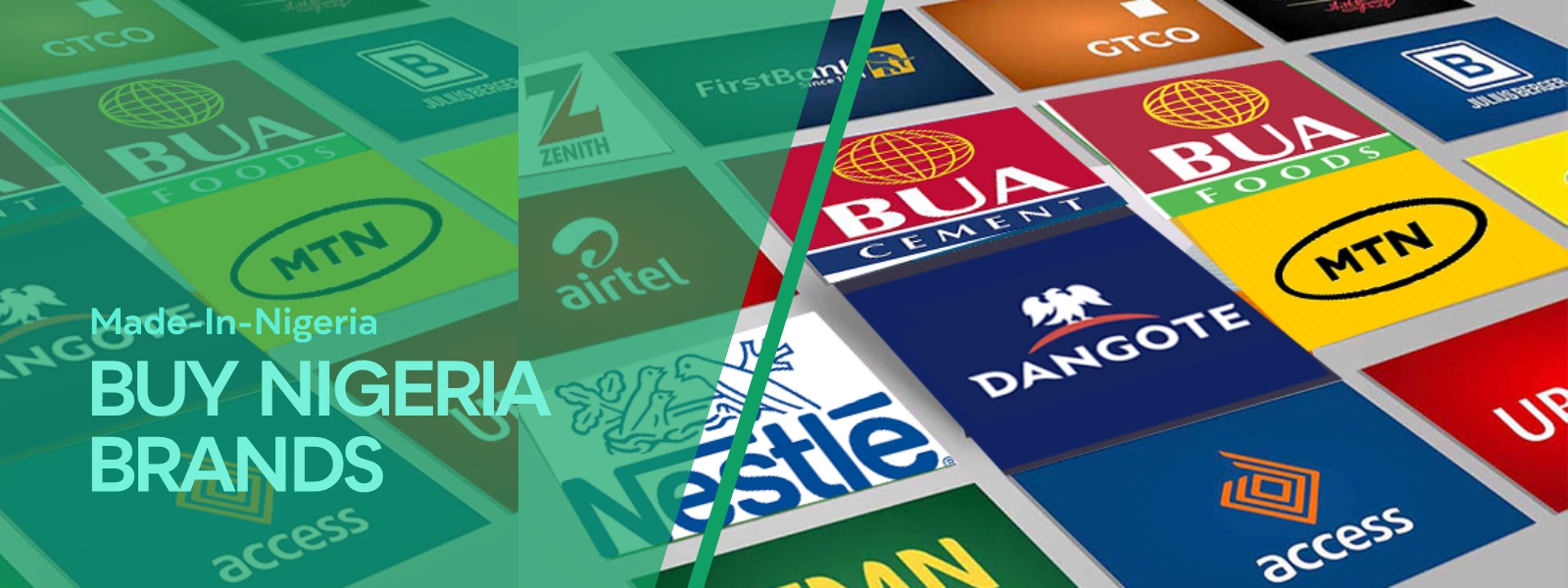






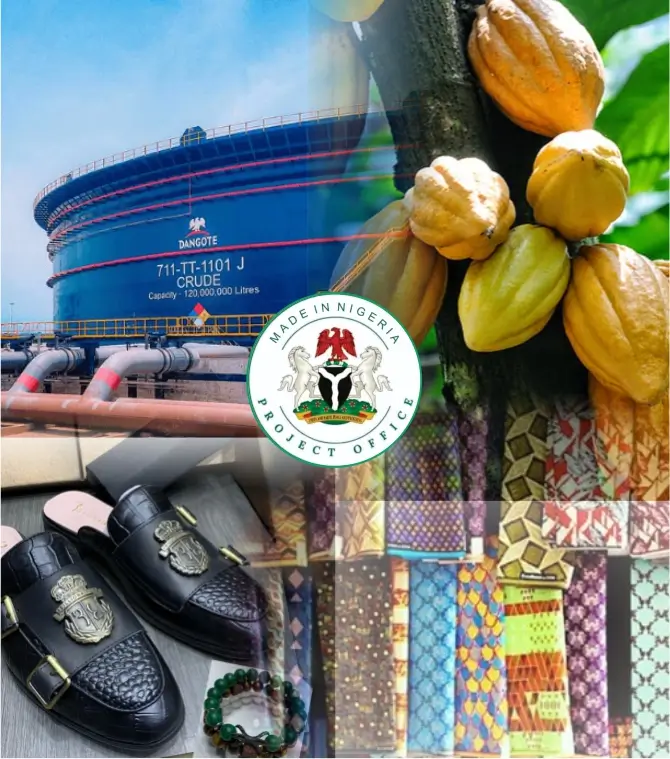
Nigeria’s local products are rich with potential, brimming with quality and innovation. By showcasing these homegrown treasures on the global stage, we not only celebrate their excellence but also open doors to international markets.
To truly make a mark globally, we need to champion Nigerian products with a strategic approach. This includes emphasizing their unique value propositions, ensuring adherence to international standards, and leveraging global trade networks.
By doing so, we can transform Nigeria from a burgeoning market to a global player, bringing our locally made goods into the spotlight and fostering economic growth. Let’s elevate our products, amplify their reach, and showcase the best of what Nigeria has to offer to the world.
Nigeria First Policy, Buy Nigeria Products, Grow Naira. National Brand Development and Made in Nigeria Project Office, Abuja.

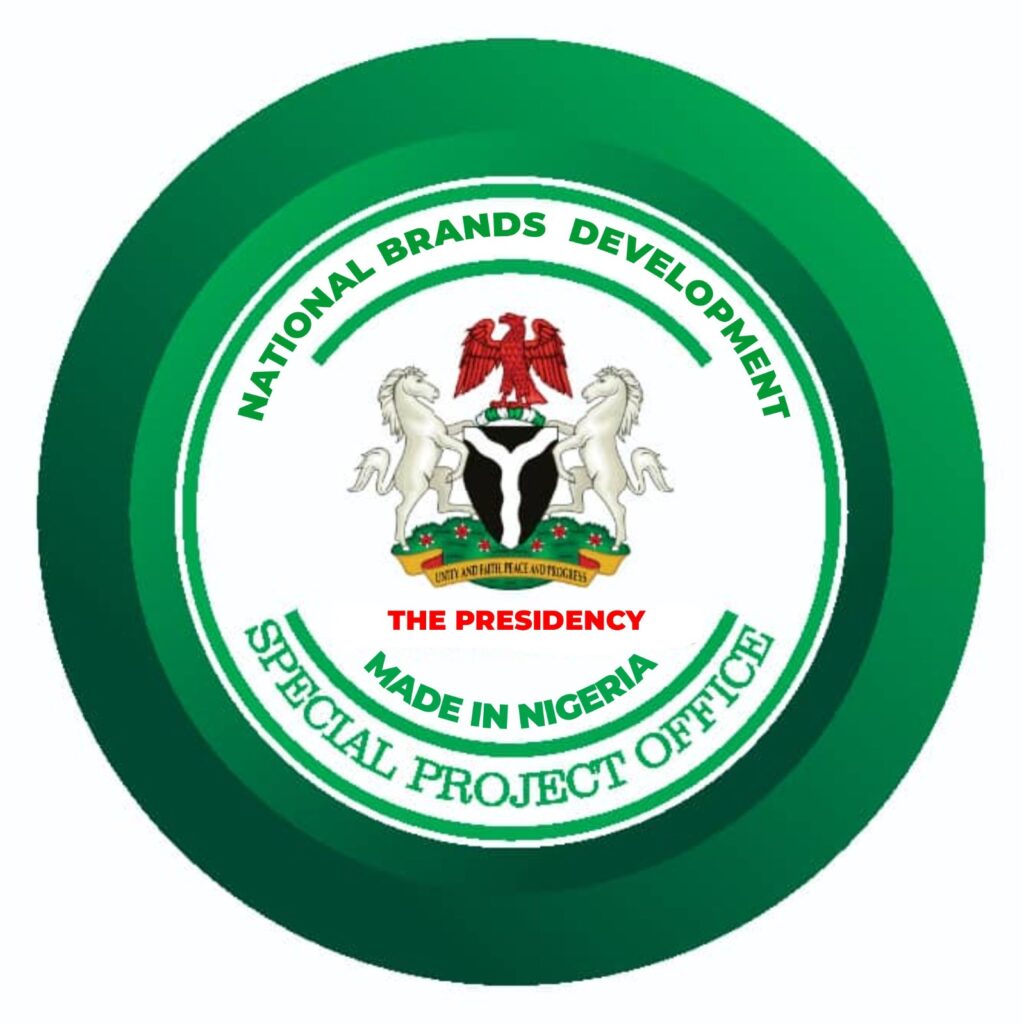
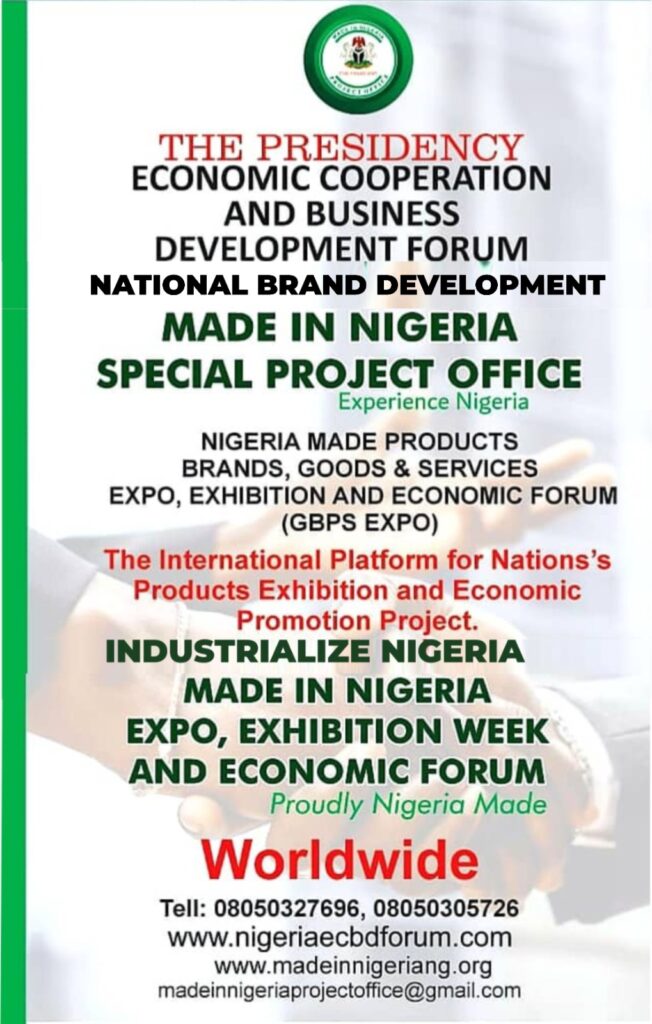
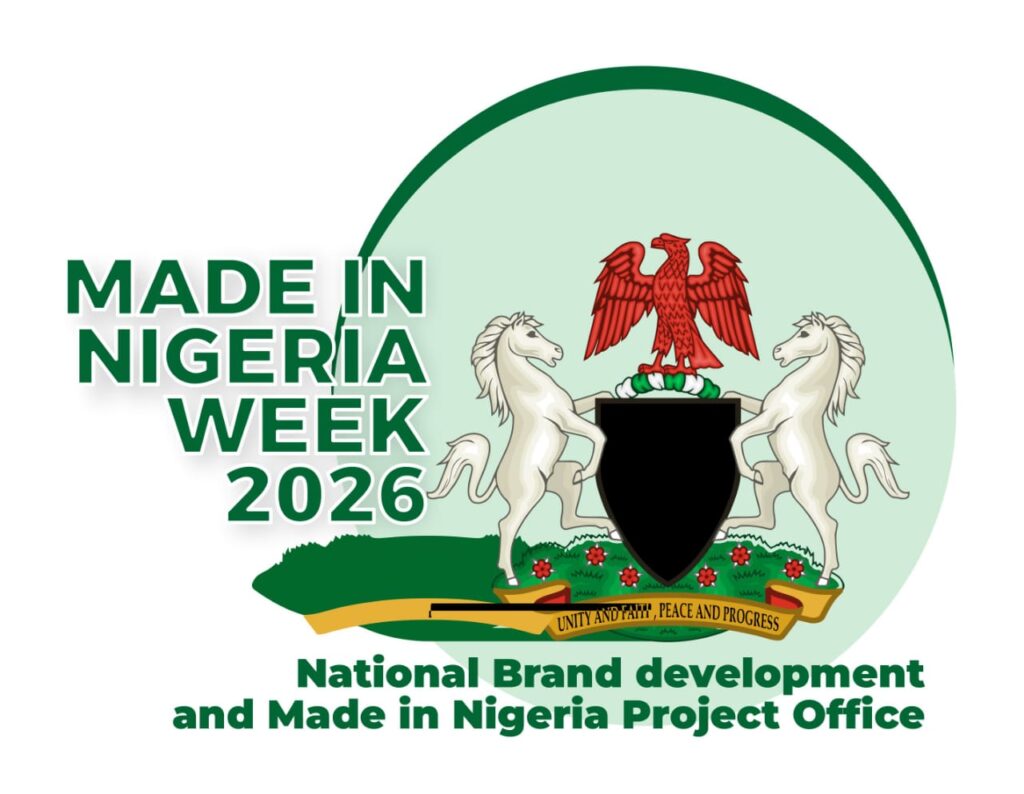
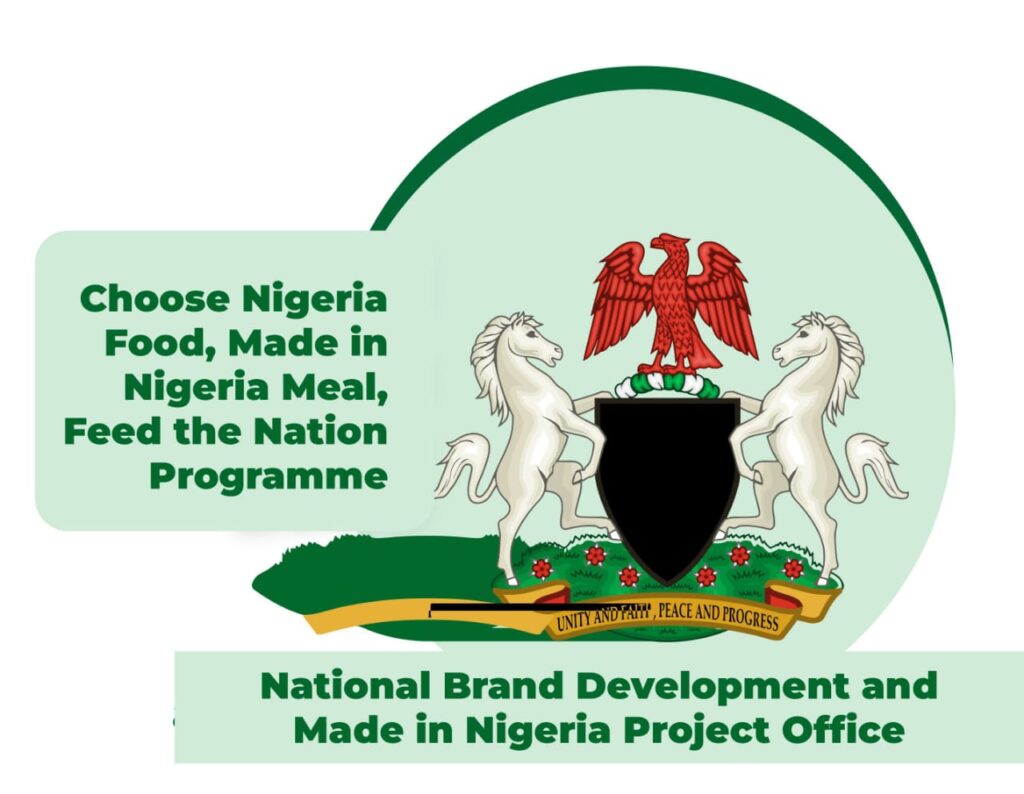
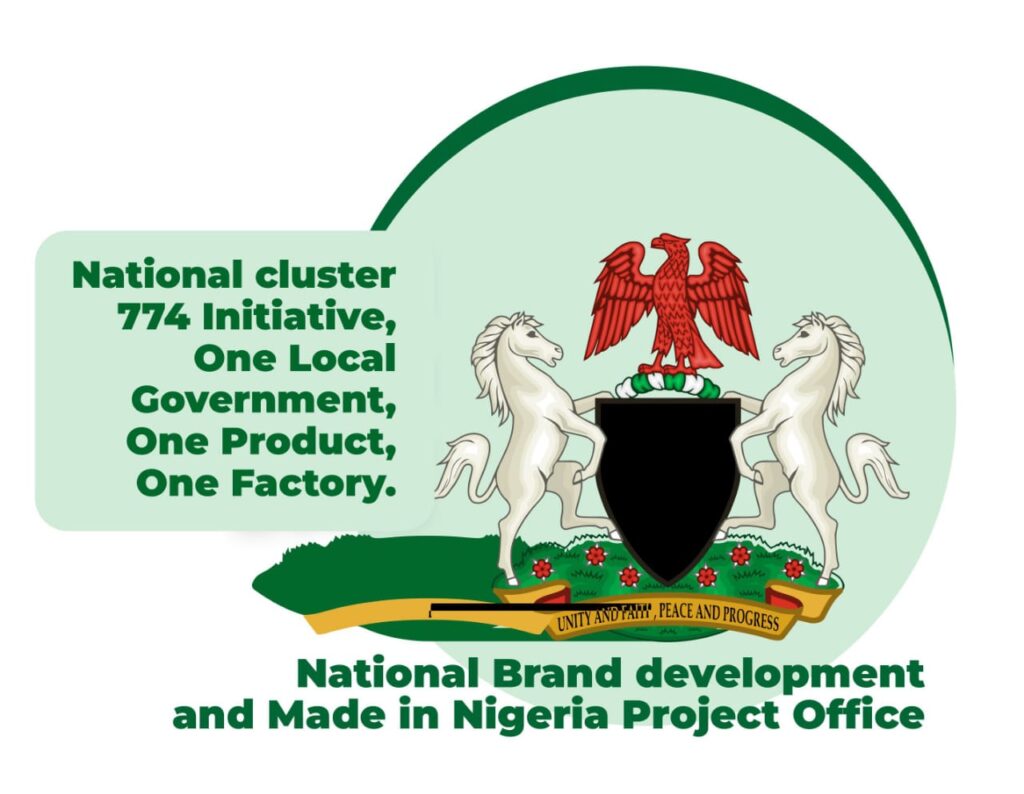

Connect with other businesses, suppliers, and potential partners. These connections can lead to collaborations, partnerships, and new business opportunities.

Attract a large audience, including potential customers, industry professionals, and media. This exposure can significantly boost your product/brand recognition and awareness.

Expos are an excellent platform for generating high-quality leads and potential sales. Exhibitors can capture contact information and follow up with prospects after the event.

Simplified business branding and approvals for quicker startups.

Enhancing regulations to create a more transparent and efficient business environment.

Automating key government services for efficiency, accessibility, and ease of business.

Providing resources and assistance to encourage both local and foreign investment.

Continuous evaluation and stakeholder engagement to improve business conditions.

Ensuring business-friendly laws, contract enforcement, and dispute resolution mechanisms.
Nigeria is losing billions from rejected agro-exports, not because of poor produce quality, but due to weak packaging, documentation, and traceability. Reports show that about 82% of Nigerian agro-produce is seized or banned abroad, with projected losses of up to $15 billion by 2025. Experts like Dr. Ngozi Okonjo-Iweala and Dr. Akinwumi Adesina link the problem to non-compliance with international standards and poor infrastructure for storage and packaging. However, initiatives like AfDB’s Special Agro-Industrial Processing Zones (SAPZ) aim to boost value addition and export readiness. For Nigeria to regain its edge, the focus must shift to meeting global packaging standards, ensuring digital traceability, and maintaining proper documentation; because international buyers value compliance and transparency as much as the produce itself.
Hon. Nwabueze Buchi George Tweet
Discover the diverse range of high-quality products proudly made in Nigeria:

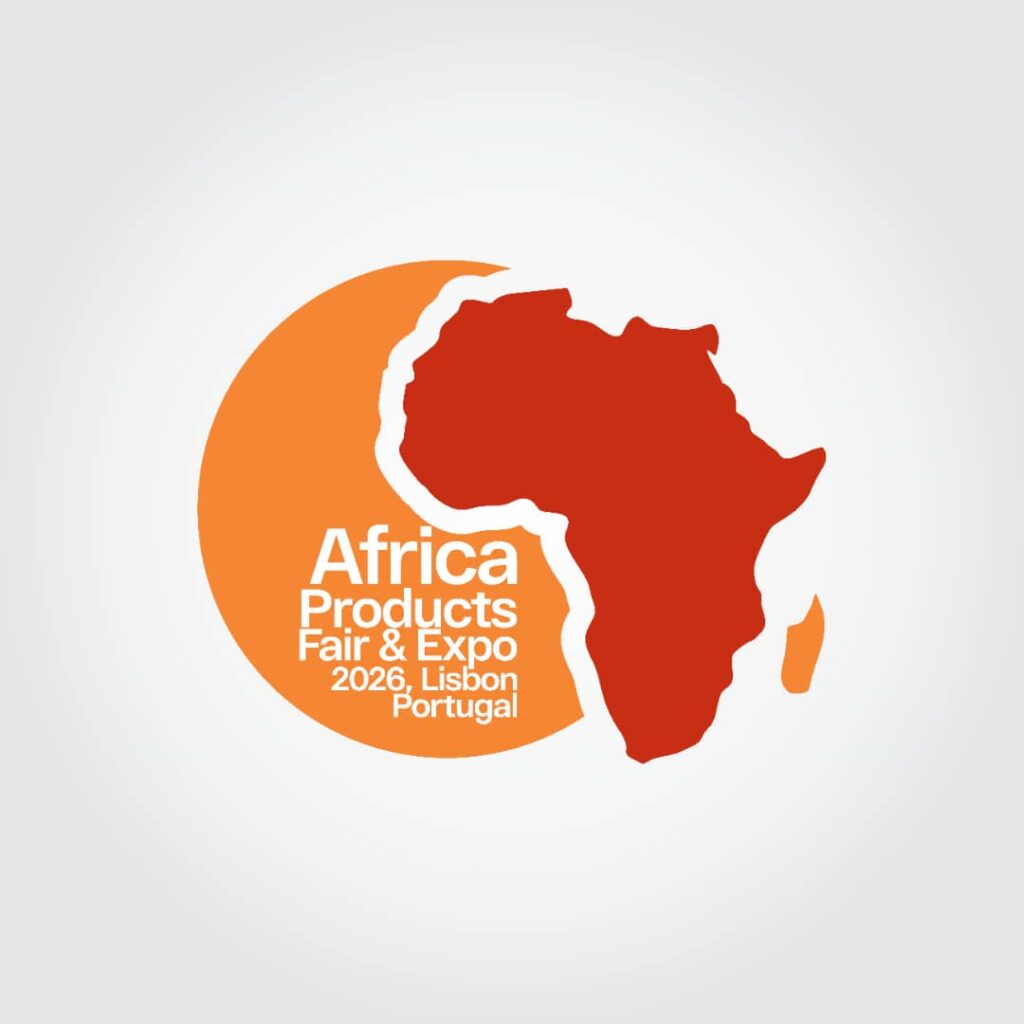
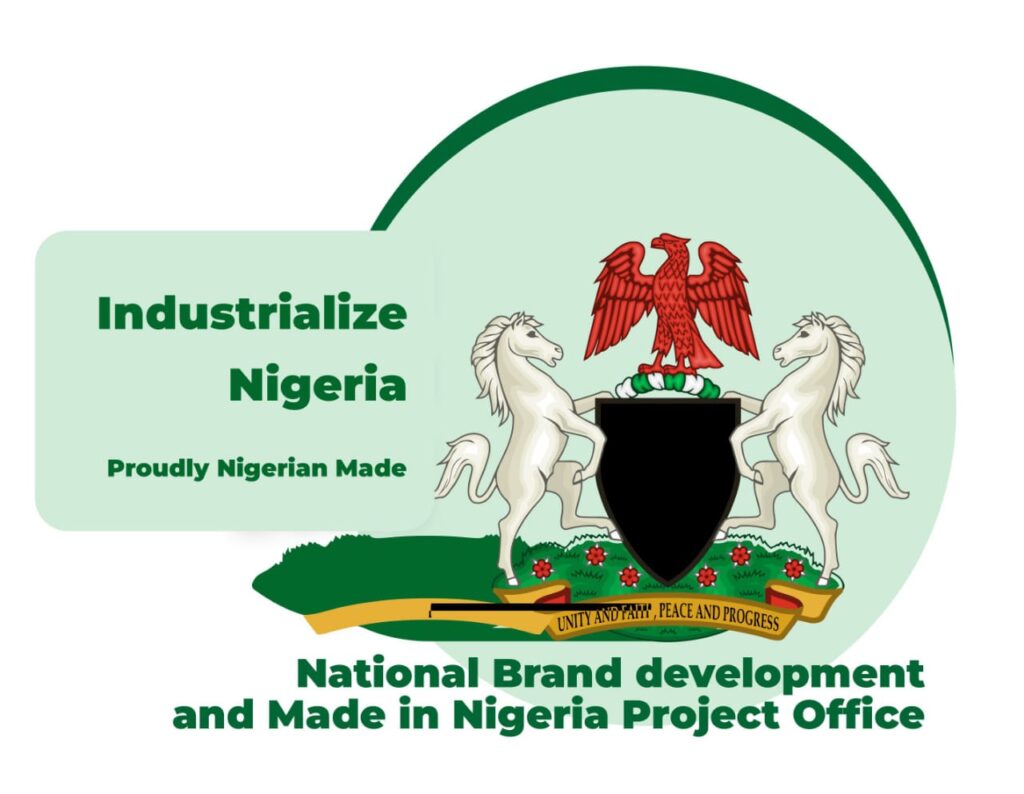
Please kindly follow and engage with our social media handles to stay updated and help spread awareness of our work. Let’s make #MadeInNigeria reach every corner of the world. 💪